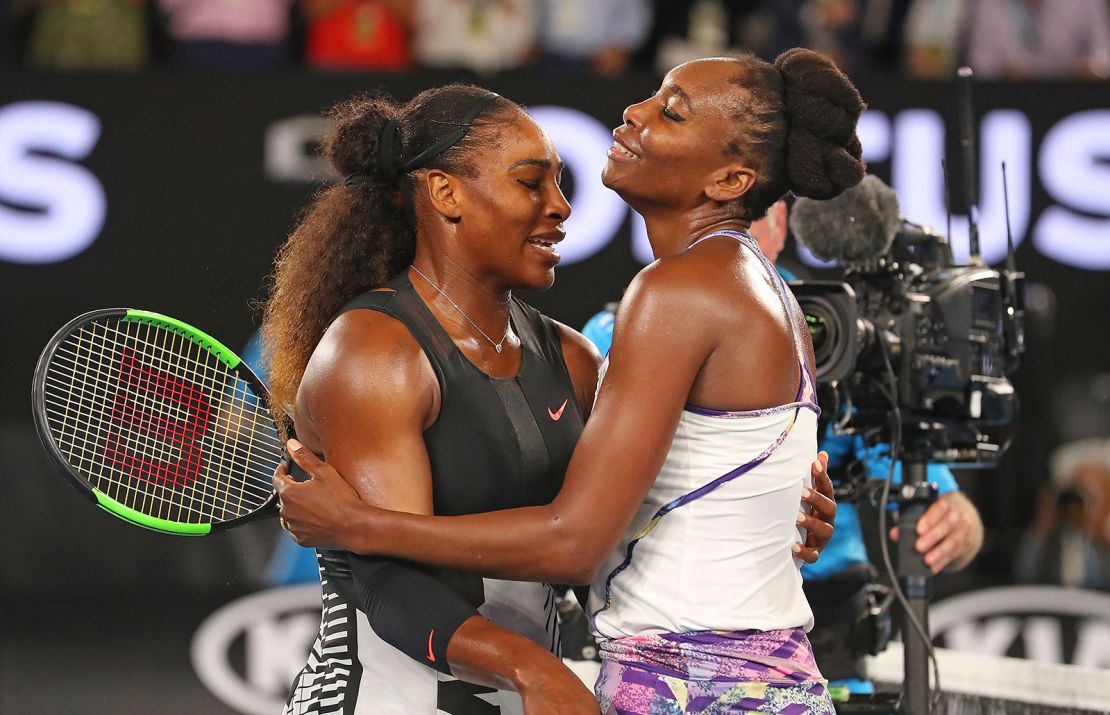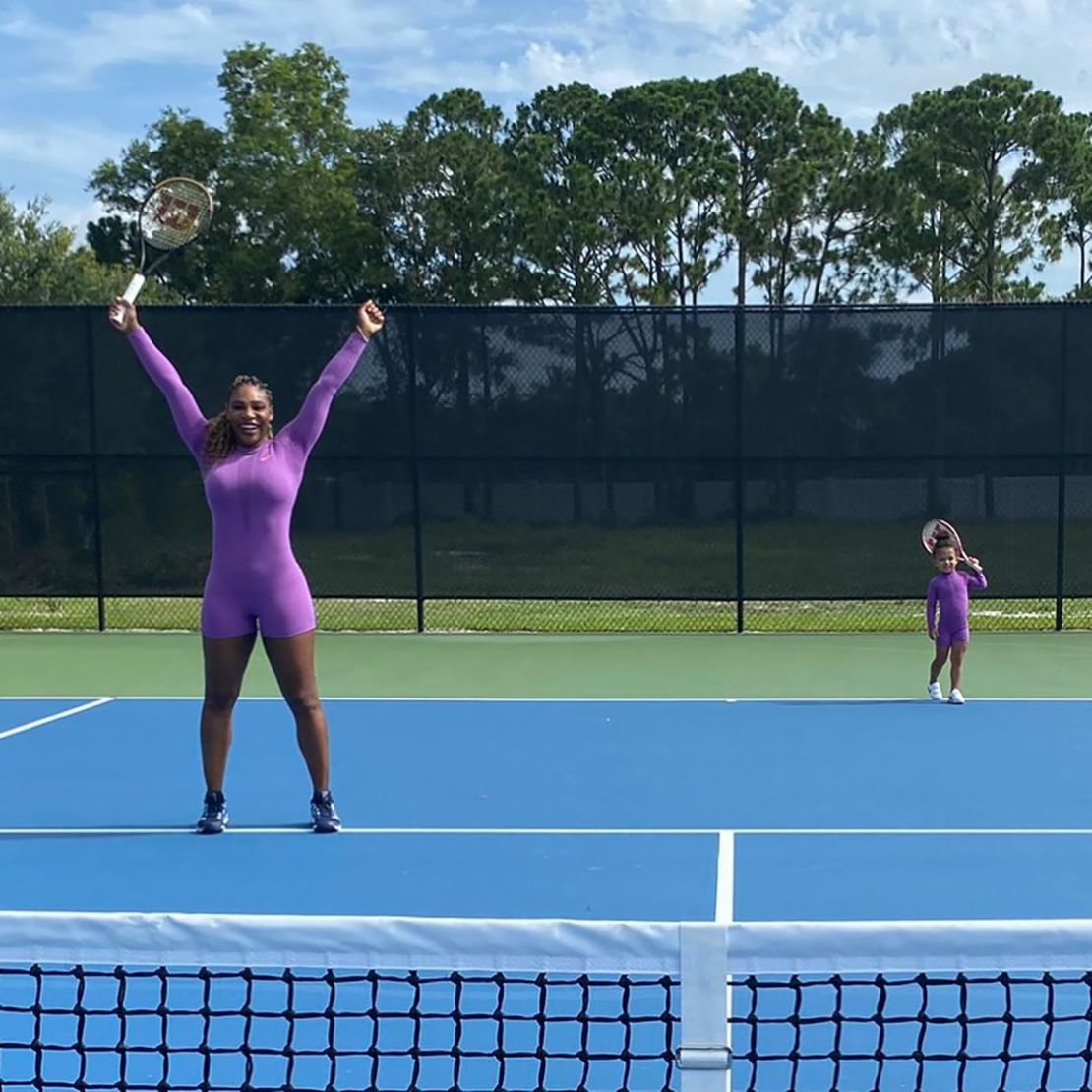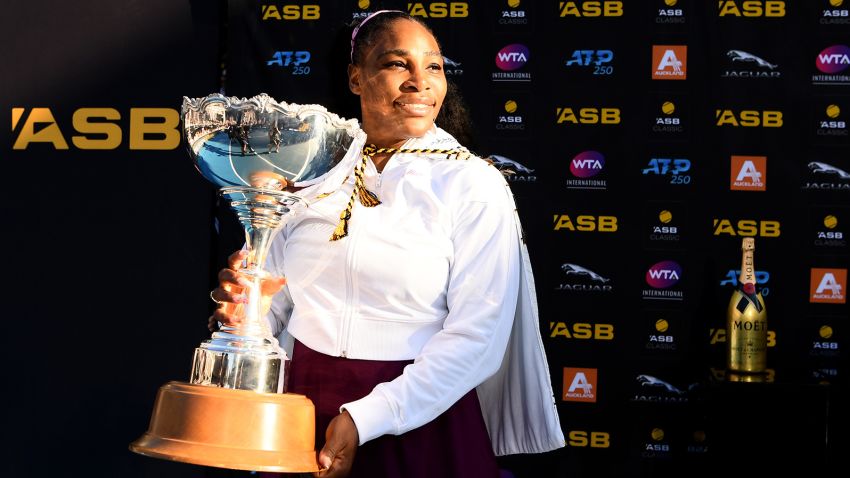Editor’s Note: Roxanne Jones, a founding editor of ESPN The Magazine and former vice president at ESPN, has been a producer, reporter and editor at the New York Daily News and The Philadelphia Inquirer. Jones is co-author of “Say it Loud: An Illustrated History of the Black Athlete.” She talks politics, sports and culture weekly on Philadelphia’s 900AM WURD. The views expressed here are solely hers. Read more opinion on CNN.
Grandpop retired from his job as a submarine pipe fitter after 45 years. A generation later, Mom retired as a prison warden after 25 years.
Back then, retirement meant collecting full pensions and full benefits. Their wish was to do little else than rest and recover from decades of body- and soul-crushing work that had zapped their mental and physical strength.

Grandpop, a war veteran, packed his bags and migrated back down South when he retired. And there he sat on his porch, enjoying my grandmom’s peach cobbler and listening to crickets until the day God called him home – just a decade later.
Cancer awaited Mom the day she retired. And she spent a decade battling before she, thankfully, won her body back and took flight. Today, she’s an adventure-seeking globetrotter.
That was retirement life for generations past. Sacrifice all for one job, not out of passion but out of a necessity to provide. Then, retire and pray for enough sunsets left to find joy.
Serena Williams was right to reject the word “retirement” in her recent essay in Vogue that revealed she would be moving on, or “evolving,” from tennis after competition in the US Open.
She called it her evolution and she was right.
In this America, retirement – from pro sports or any other job – is not what it used to be.

Williams’ words resonated deeply for many, including myself, a woman and mother who walked away from a highly successful (though hardly Serena-level) corporate career in my early 40s.
“I’m here to tell you that I’m evolving away from tennis, toward other things that are important to me,” Williams wrote. “A few years ago I quietly started Serena Ventures, a venture capital firm. Soon after that, I started a family. I want to grow that family.”
Never one to stick to just tennis, throughout her career Serena (and her sister Venus) were encouraged by their parents to explore their passions outside the game. That lesson has put Serena in a powerful position now as she begins to re-center her life.
Serena Ventures, which the tennis champion launched in 2013, is her one of her passions now. According to Williams, the six-person firm (five women and one recently-hired man) has invested in 16 ventures (including MasterClass, Tonal and Impossible Foods to name a few) that are today valued at more then $1 billion.
“Seventy-eight percent of our portfolio happens to be companies started by women and people of color, because that’s who we are.”
If Williams did all that while chasing tennis trophies, imagine what she will accomplish now.
It would be a mistake to scoff at her rejection of the word retirement. Though immediately after her announcement Monday, many women, and men, debated whether Serena – hands down one of the greatest athletes in the world – was conveniently playing semantics. Some said she was just another woman bowing out to have a baby.
The eye-rolling around Serena’s word choice is no surprise.
Our culture struggles to validate powerful, iconic women like Williams, let alone other women who have excelled in their chosen fields. And society continues to view our ability to bear children as a weakness instead of the amazing superpower, that I’ve always believed it to be.

By using the word “evolve,” Serena has done what society has failed to do when it comes to framing talented women who excel early in a chosen career, then leave on their own terms and lean instead into themselves. Embracing our full humanity, many women shift their focus to other goals they can transcend in life, be it motherhood, launching a business or exploring other life passions.
Watching women realize their limitless capacity for greatness is a beautiful thing. Williams’ life has been an inspiration for millions of women with less power and prestige. And her latest evolution is no different.
Many women of all economic backgrounds, including those in my own peer group, are reimagining and expanding, what success looks like in our lives.
It isn’t an easy choice to make. Williams, who calls herself a “savage” competitor, knows her evolution will be painful. Despite breaking numerous records, winning four Olympic gold medals and 23 Grand Slam championships – surpassing tennis greats like Billie Jean King, Martina Hingis, Chris Evert and Martina Navratilova – Williams is not yet rejoicing at this new turn in her life.
No, this phenomenal woman still only sees areas where she could have been greater: the wins she didn’t get to surpass Margaret Court’s record of 24 grand slam titles. (It should be noted that Court won before the modern-day “open era” that began back in 1968.)
“The way I see it, I should have had 30-plus grand slams. I had my chances after coming back from giving birth. I went from a C-section to a second pulmonary embolism to a grand slam final. I played while breastfeeding. I played through postpartum depression. But I didn’t get there. But I showed up 23 times, and that’s fine. Actually it’s extraordinary,” Williams said in her essay, adding that she had no regrets about having a family over building her tennis resume.
It is this unabashed pursuit of excellence and warrior spirit – on the court and off – that have endeared Williams to so many.
Her childbirth story is a familiar one among the Black women I know, who often cite inadequate medical care by health care professionals who ignored early warning signs during pregnancy.
The US maternal morbidity rates are among the worst the world among wealthy nations, especially for Black, Native American and rural women. So much so that recently, President Joe Biden launched a federal initiative to examine how racism, housing policy, policing, climate change and pollution affect maternal mortality rates.
Williams opined that were she a man, she would have had a longer career, free to pursue more championships. She could have been a Tom Brady, she said. It is a painful reckoning when women admit their professional goals will be cut short solely because of their gender.
My dream was to become president of ESPN or run a sports media company. Mid-career after a rapid rise, countless awards and recording a lot of “firsts,” I had to face that my goal was far-fetched. In fact, no woman at the company – no matter her leadership skills, motherhood status or experience – was going to become president at the sports media giant. Not back then, not today.
I remain hopeful for that day, but leaving is a move I’ve never regretted.
Williams and women who dare to step out into the world on their own terms are my superheroes.
She has grown the game of tennis immeasurably. She has redefined the women’s power game, attracted record-breaking TV audiences and revenue growth, won equal pay (along with her sister Venus), a battle that began with King. Williams has ushered in a new generation of fierce power hitters – and made it safer for them to show up as their authentic selves.
Serena Williams came, she saw and she conquered.
And I cannot wait to see what she does next.





